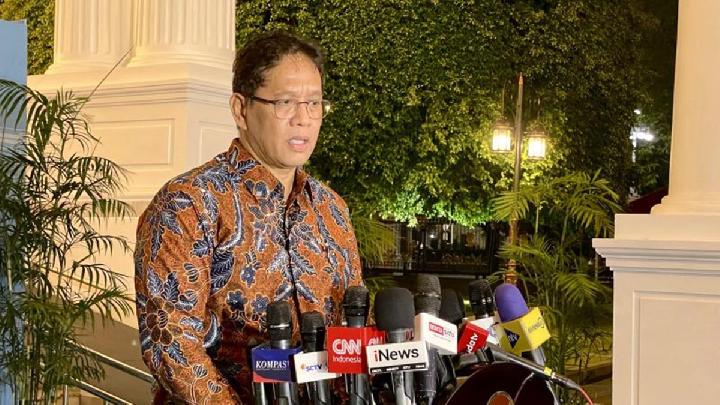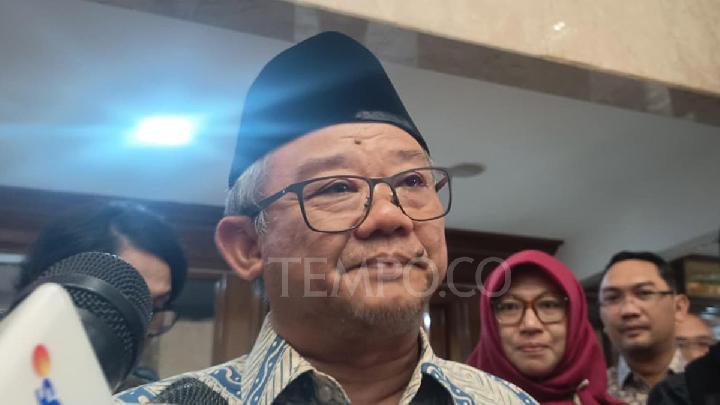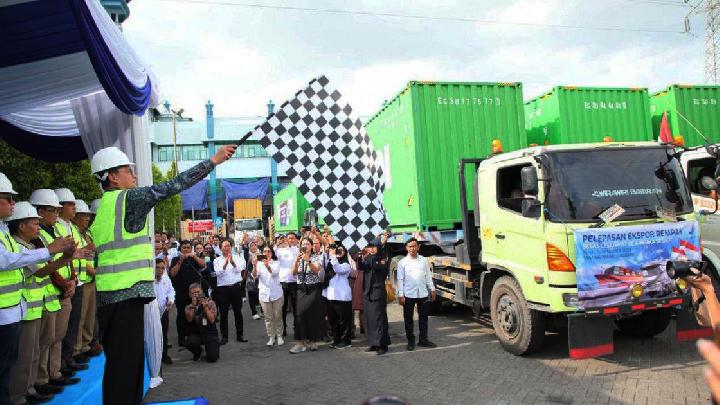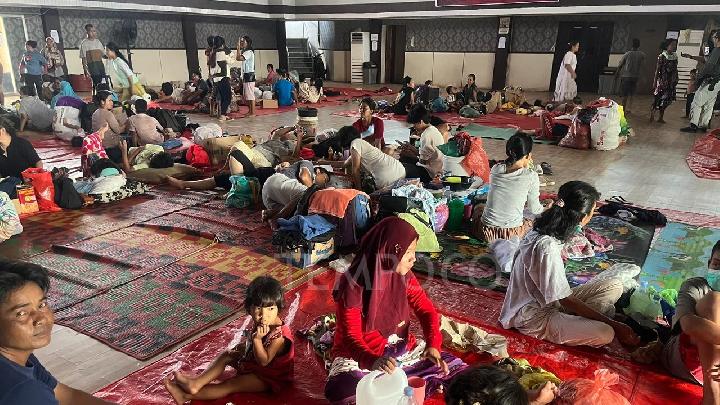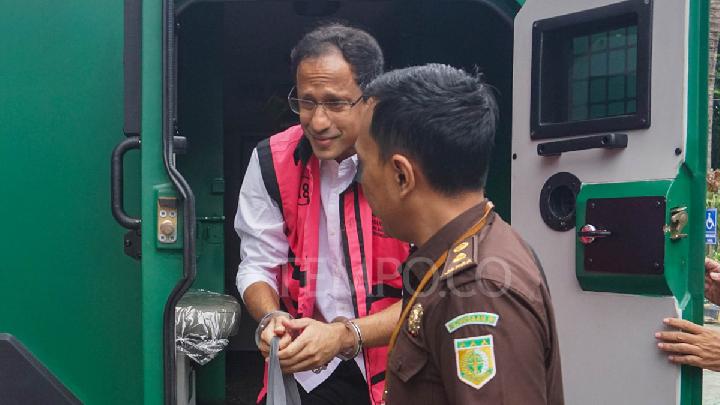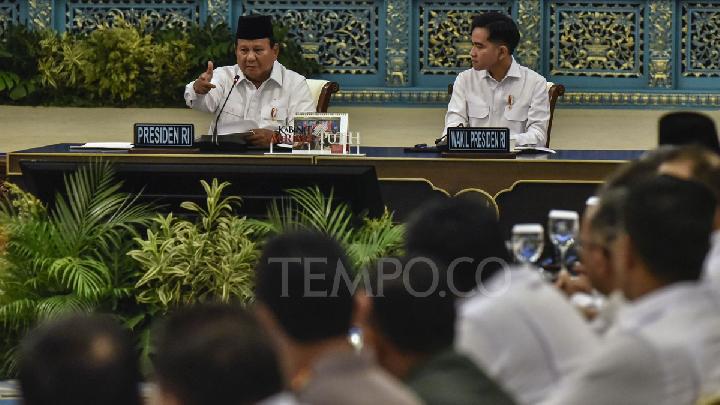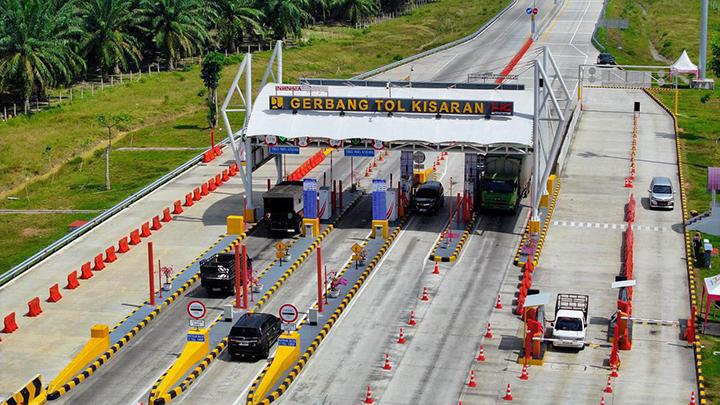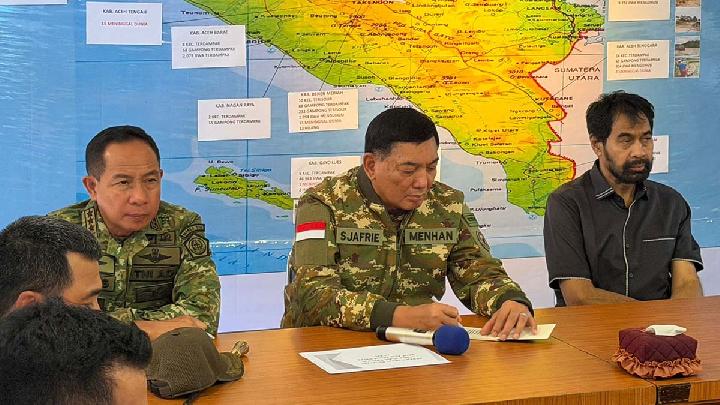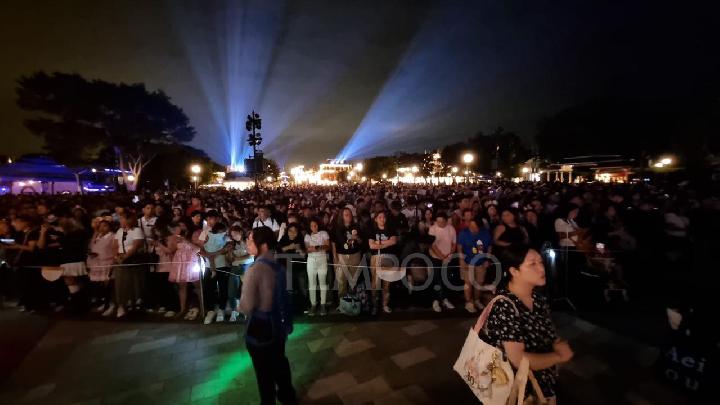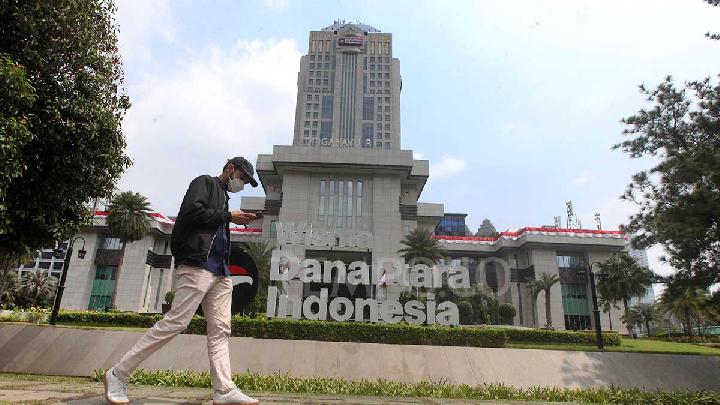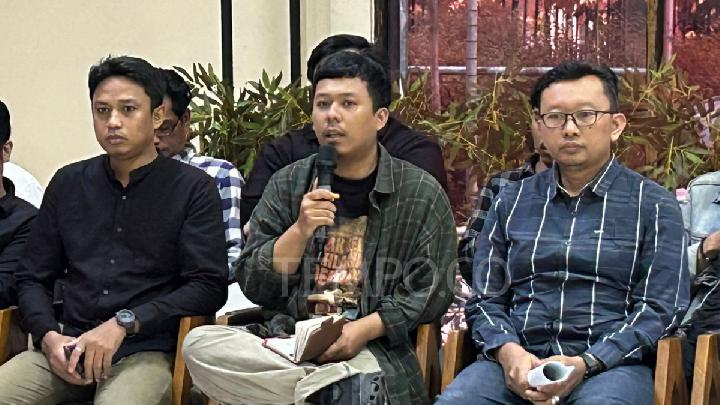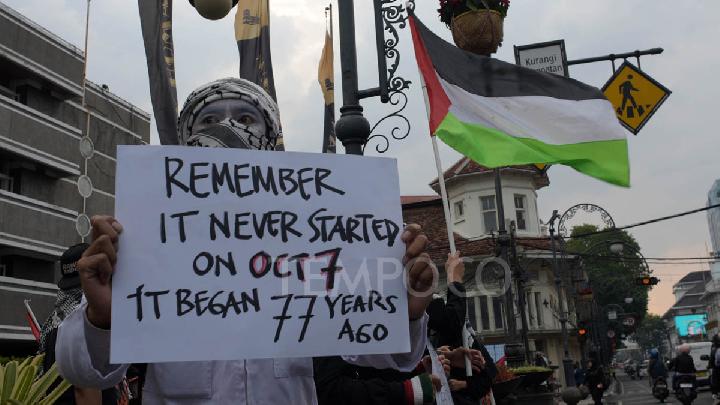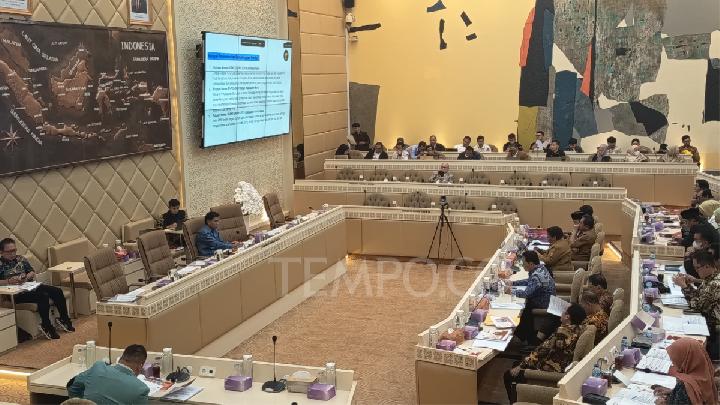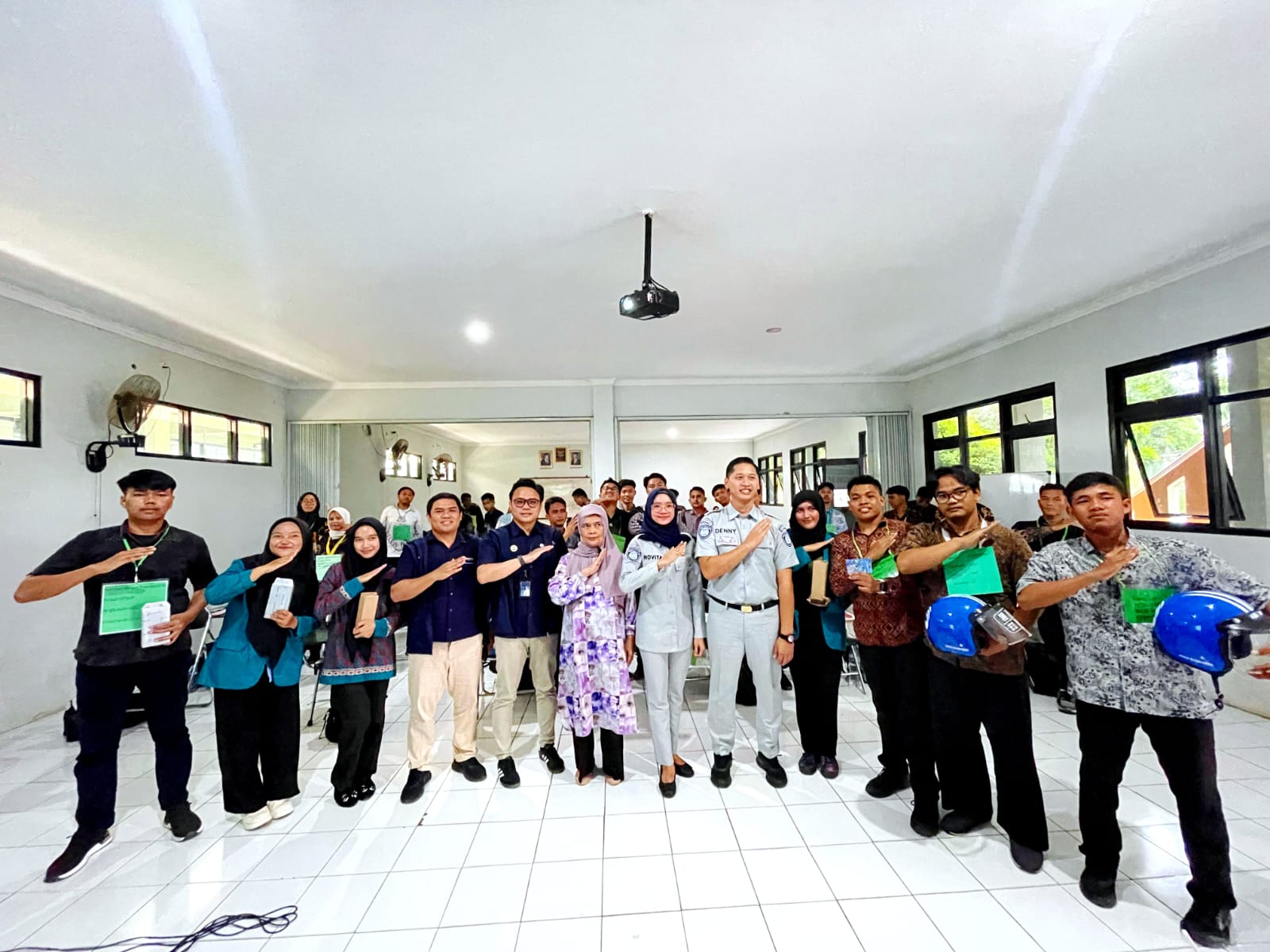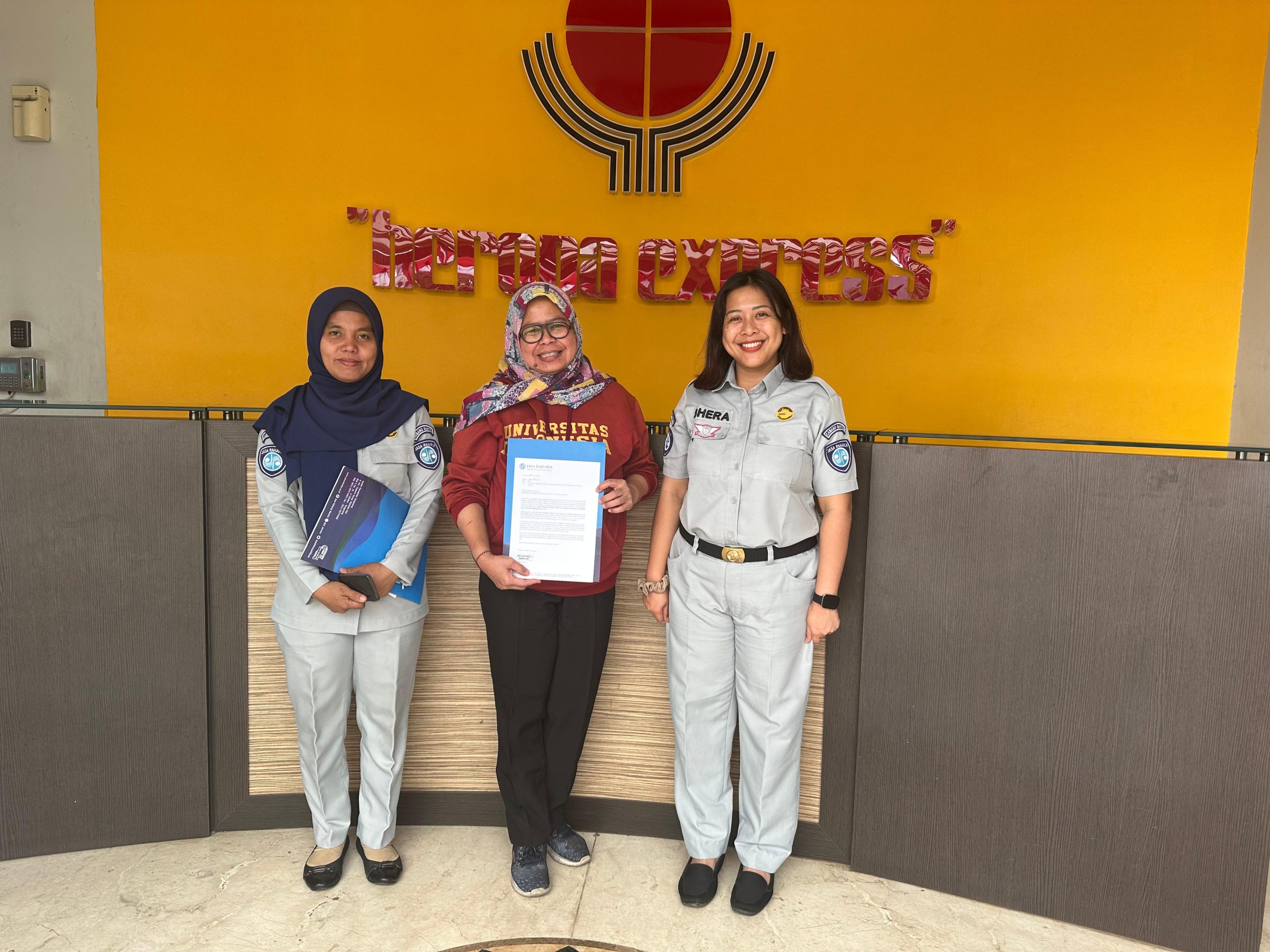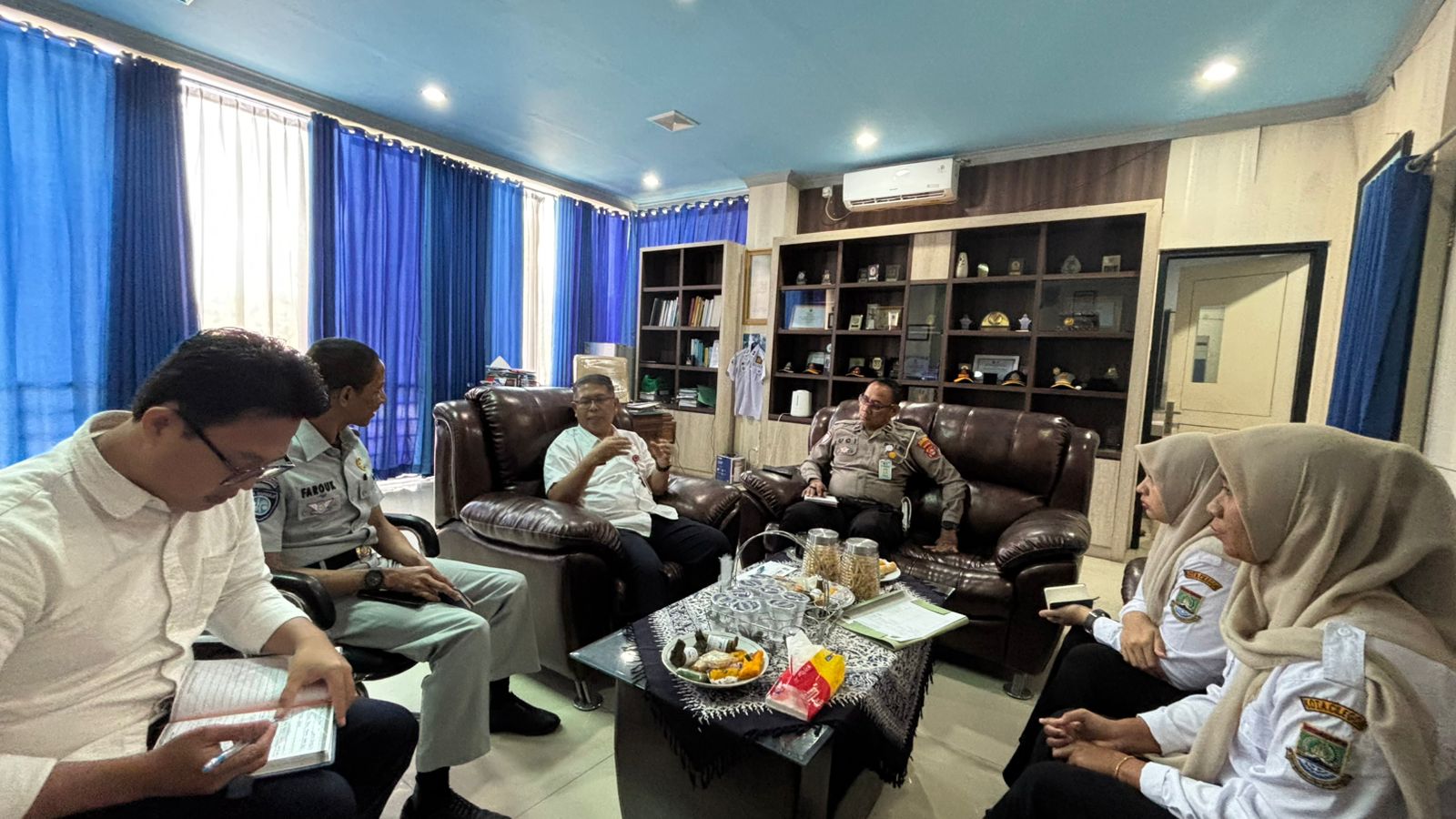TEMPO.CO, Jakarta - The Asset Seizure Bill, or RUU Perampasan Aset, has been agreed upon to be included in the 2025 National Legislation Program, or Prolegnas. This decision was made after all parliamentary factions and the Indonesian government held an evaluation of the Prolegnas 2025.
During the evaluation, three legal umbrella drafts were included in this year's prolegnas list. These include the RUU Perampasan Aset, the RUU Kamar Dagang Industri (Chamber of Commerce and Industry Bill), and the RUU Kawasan Industri (Industrial Area Bill).
Chair of the Legislative Body of the House of the Representatives (DPR), Bob Hasan, stated that the legislature aims to complete the discussion of the Asset Seizure Bill by 2025. He mentioned that the long-stalled bill is scheduled to be discussed after entering the evaluation phase next week.
He stated that the discussion of the Asset Seizure Bill will be carried out gradually, starting from its determination in the Prolegnas, the preparation of academic manuscripts, to the discussion in the Baleg DPR.
In addition, Bob also mentioned that the drafting of the Asset Seizure Bill will be carried out parallel with the discussion of the Criminal Procedure Code Bill, or RUU Kitab Undang-undang Hukum Acara Pidana (KUHAP). The KUHAP is currently in the finalization stage.
According to him, the parallel discussion between the Asset Seizure Bill and KUHAP is important because they are related to the criminal procedural law mechanism. He stated that this is also to achieve synchronization in the formation of the national legal system.
"We must not go in the wrong direction. When KUHAP takes effect next year, other legal instruments such as asset seizure must have a solid foundation," said Bob at the Parliament complex in Senayan, Jakarta on Tuesday, September 9, 2025.
This politician from the Gerindra Party also mentioned that the drafting of the Asset Seizure Bill will prioritize the principle of public participation. According to him, public involvement is crucial in policy discussions.
His goal, he said, is for the public not only to know the titles of laws issued by the government, but also for the public to widely understand the substance contained in the Asset Seizure Bill.
"It must be clear whether this asset seizure falls under criminal origin, additional criminal, principal criminal, or even falls into civil jurisdiction," he said.
Bob also mentioned that all future discussions on the Asset Seizure Bill will be conducted in accordance with the principles of openness and transparency. From the preparation of academic manuscripts to the draft of the RUU Perampasan Aset, it will be opened through various official legislative channels.
"There should be no closed discussions. Everything must be accessible to the public," he said.
In a separate statement, Indonesia Corruption Watch researcher Wana Alamsyah urged the DPR and the government to make the latest draft of the Asset Seizure Bill public. This includes the prepared academic manuscripts.
He considered the principle of transparency to be crucial in the process of drafting legal provisions. Wana stated that public participation should be as open as possible to create meaningful discussions.
"The draft of the Asset Seizure Bill being discussed should not be counterproductive to the efforts to combat corruption," he said on Sunday, September 7, 2025.
In addition, Wana mentioned that the norm of unexplained wealth is important to be included in the Asset Seizure Bill targeted for completion this year. In this context, the norm of unexplained wealth is interpreted as the alleged possession of wealth through illegitimate means.
"This norm is important to target public officials, including legislative members whose wealth profiles do not match their income in their wealth reports (LHKPN)," he said.
Another important aspect to be included in the Asset Seizure Bill, according to him, concerns the tracing of money from criminal acts. Wana stated that this aims to deter corruptors in the enforcement of criminal anti-corruption laws.
He mentioned that the law enforcement regarding the tracing of money from criminal acts can also be carried out through Law No. 8 of 2010 concerning Money Laundering Crimes. However, according to him, the enforcement of this law by law enforcers against defendants in corruption cases has not been serious.
However, the government could use this legal umbrella temporarily if it intends to deter corruptors, while simultaneously discussing the Asset Seizure Bill," he said.
Editor's Choice: The Wealth of Immanuel Ebenezer, Deputy Minister Arrested for OSH-Linked Extortion
Click here to get the latest news updates from Tempo on Google News




